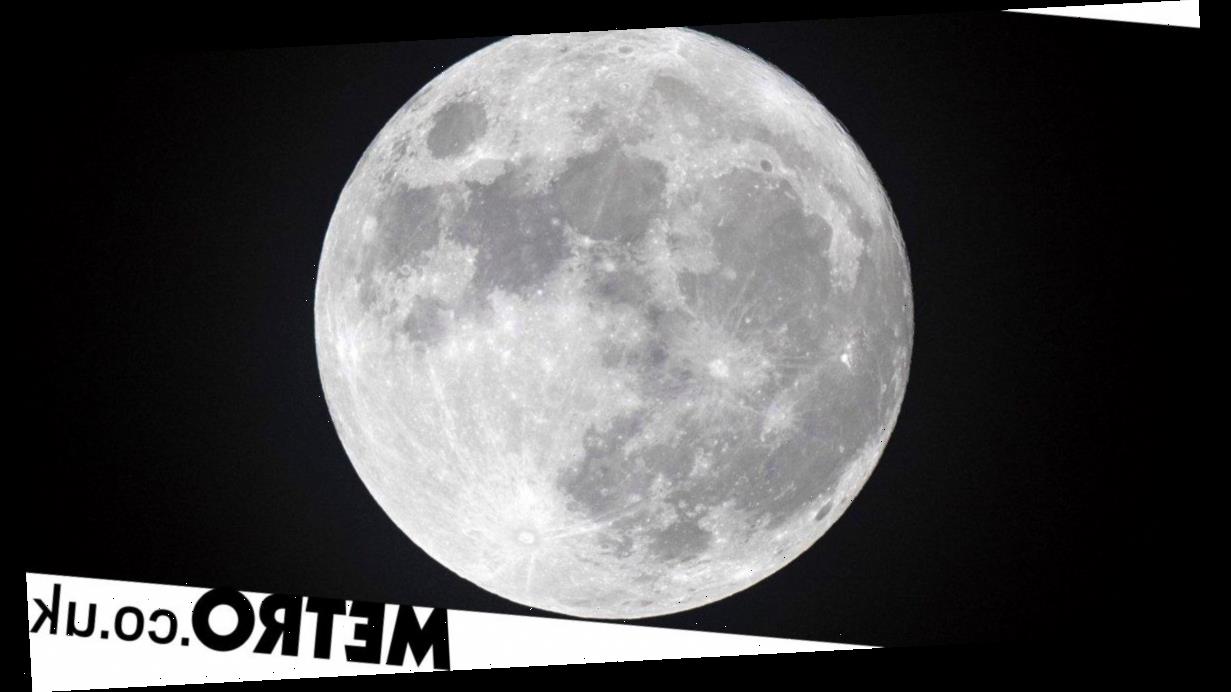This year’s physics Nobel Prize winner has urged scientists to think outside the box for the future of scientific research.
Didier Queloz shared the Nobel Prize in physics for his part in discovering the first planet to exist in a star system outside our own.
But he warns that too much scientific research is currently focused on areas that only bear practical uses.
‘I’m very worried right now that there’s a lack of awareness of how blue sky research has changed our society,’ Professor Queloz tells Metro.co.uk.
Blue sky research is science where practical applications don’t readily present themselves.
Queloz adds: ‘There is at least one Nobel Prize result that’s led to mobile phones: imaging work [for screens], telling you where you are with GPS technology, downloading images.’
‘We should not lose this perspective.’
In recent years, U.K. research bodies have received criticism for requiring funding applications to include proposed economic impact.
Since Professor Queloz’ discovery in 1995, researchers have gone on to discover thousands of exoplanets, opening a vast new field of scientific research.
‘I think we are now in a situation which we can call the golden age of astrophysics,’ Professor Queloz told Metro.co.uk.
‘If you look in just the last five years, there have been two Nobel Prizes dealing with astrophysics results.’
‘Astrophysics has become a great lab to explore where we are and where we sit.
‘It’s part of the very profound questions that as human beings we keep asking looking at nature and the sky.’
But, as Professor Queloz points out, many technologies that we take for granted today came about from earlier research without clear practical uses.
‘I’m a bit worried right now on this kind of emphasis of asking for impact, asking for direct returns,’ says Queloz.
He also points to restrictions in funding rules as a barrier to advancements in fields such as the search for extraterrestrial life.
‘The Victorian limitations of the funding system makes it very difficult for a chemist to apply for funding in astronomy or for astronomers to do something with chemistry,’ says Queloz.
‘There is a mentality switch that has to change.’
‘We are making a new field of research called looking for life, but it will need a new kind of funding awareness combining earth science, chemistry and astrophysics together.’
Without these sorts of collaborations and a push for outside the box thinking, Queloz says, we might hit roadblocks in scientific progress.
‘Science is about gambling, vision, and trying to push the boundaries,’ says Queloz.
‘You don’t push the boundaries if you don’t have vision. You don’t fly to the moon if you try to improve the steam engine.’
Source: Read Full Article

